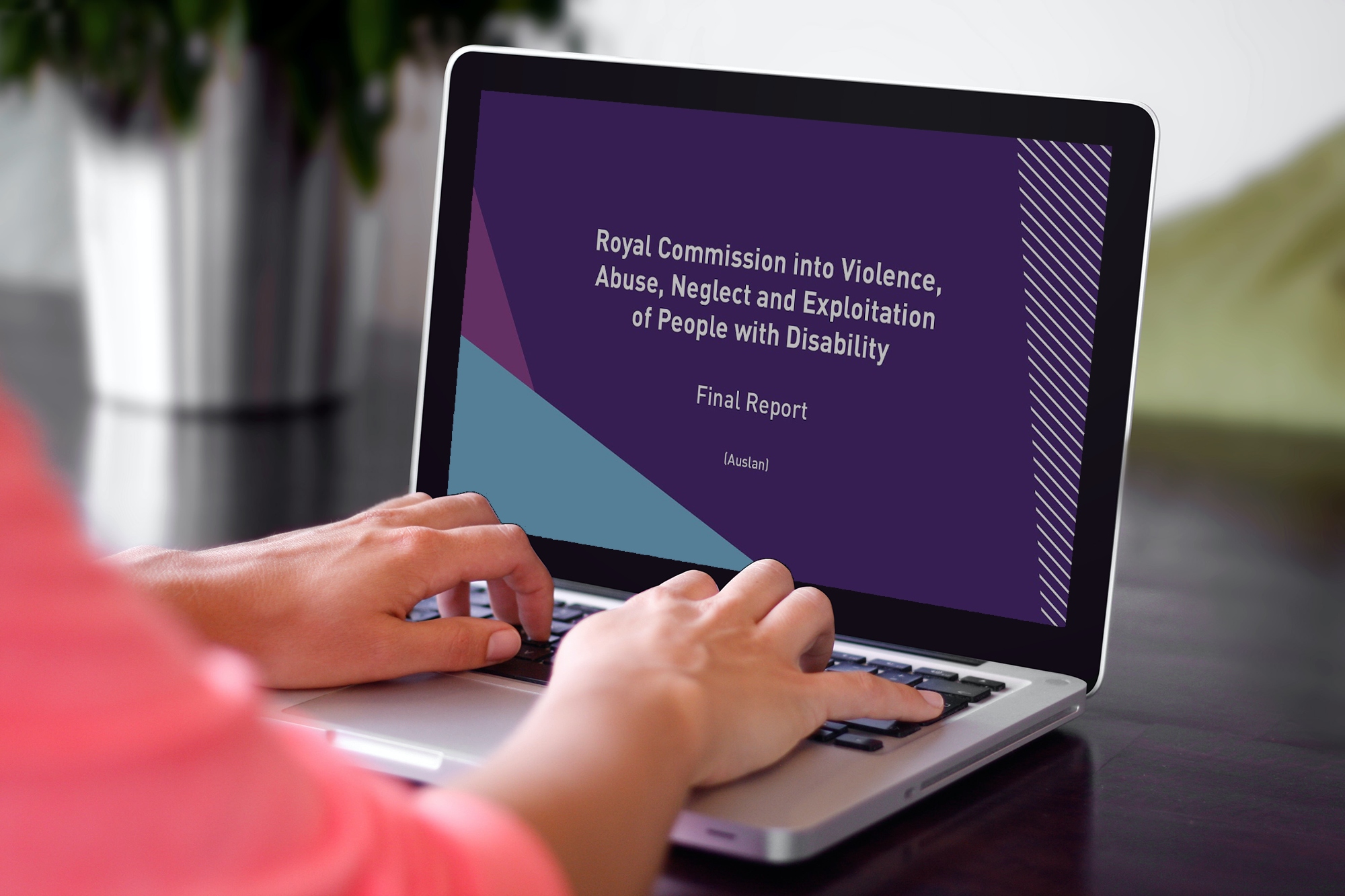The Aged Care Royal Commission identified in Volume 1 of the Interim Report, that during the last quarter of 2018-19, the second most common subject of complaints was falls prevention and management.
Minimising the number of falls and pressure injuries in care facilities is vital for client safety and quality of life. Aged care clients are particularly vulnerable to falls and pressure injuries, due to their reduced mobility. Hearing loss is also particularly common in aged care facilities. Leaving hearing loss unaddressed can have a negative impact on a client’s quality of life.
Aged Care service providers should have robust policies and procedures in place, which aim to prevent and reduce the rate of pressure injuries, falls and harm from hearing loss. They should also have procedures which delegate responsibilities and effectively manage incidents as they happen.
To help you address the risks posed by falls, pressure injuries and hearing loss, we’ve put together a collection of policies and info sheets which work towards best practice for preventing and addressing high impact and high prevalence injuries.
Pressure injuries
One of the most commonly occurring preventable conditions, pressure injuries affect 42% of people in RACFs. They can cause death, infection, cellulitis, reduced physical mobility and pain. Our pressure injuries policy includes procedures on:
- Assessment
- Prevention
- Warning signs
- Treatment
Falls-related injuries
These are one of the leading causes of mortality in older Australians. Considerations such as syncope, dizziness and vertigo, vision, footwear and environmental considerations should be taken into account when conducting a risk assessment and implementing falls management strategies. Our policy addresses:
- Risk screening and assessment
- Staff training
- Management strategies
- Responding to falls
Hearing loss
If uncorrected, hearing loss can lead to a reduced quality of life, and increase the risks of developing depression and dementia. 85% of Australians in RACFs experience some form of hearing loss. Providers should implement a comprehensive hearing loss policy to ensure that clients receive the highest quality of care. Our policy covers:
- Assessment and Identification
- Communication
- Staff responsibilities
- Staff training
These resources have been developed as a guideline for your organisation to implement robust policies which help to address high impact risks.
They are available in SPP’s Reading Room.


